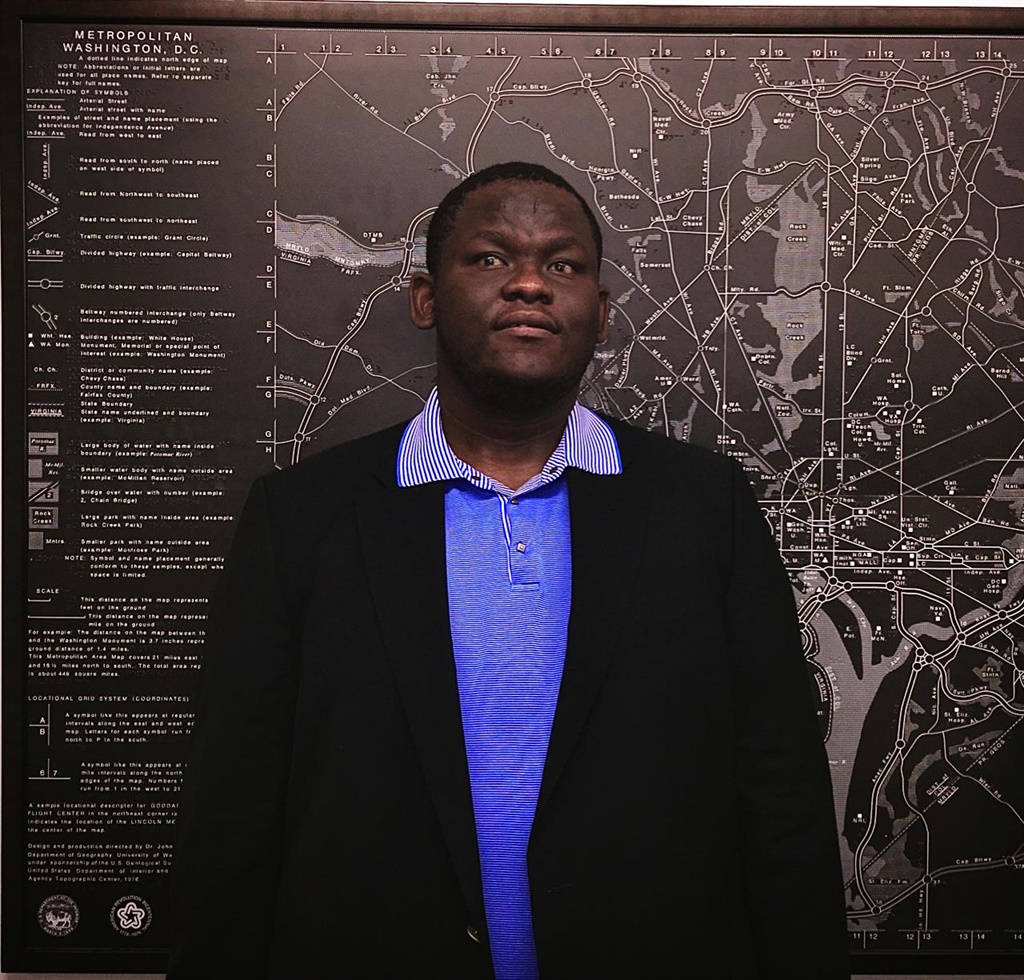


Corruption Watch researcher Melusi Ncala.
- Corruption Watch released a report on the state of healthcare corruption on Wednesday.
- The report highlighted that the most vulnerable in society were most likely to feel the effects of corruption.
- News24 spoke to Corruption Watch’s researcher Melusi Ncala about healthcare corruption during the Covid-19 pandemic.
Civil society organisation Corruption Watch on Wednesday released a report into the state of corruption in South Africa’s healthcare sector.
It found, among others, that corruption has been on the rise.
The report – titled “X-Ray: The critical state of the health sector in SA” – was compiled from 700 health-related corruption cases reported to Corruption Watch between 2012 and 2019.
It highlights the troubling reality that it is the most vulnerable in society – the elderly, women and children – who are most likely to bear the brunt of the fall-out from corruption.
READ | Elderly, women and children bear brunt of graft in SA’s health sector – Corruption Watch
News24 spoke to Corruption Watch researcher Melusi Ncala, the author of the report, about the organisation’s findings – in light of the Covid-19 pandemic:
What are some of the core findings of the report?
Well, I mean that corruption in the health sector is rampant. Not to exaggerate, but that’s a fact. We have basically not taken corruption seriously at all and it has reached a point where it’s now a life or death situation with the current global pandemic, which is affecting us in the most extraordinary way.
In terms of corruption trends, what we found is that employment corruption makes up a 39% of overall corruption, procurement corruption is 22%, and misappropriation of resources at 16%.
So, when we talk about employment corruption, we’re talking about nepotism and favouritism; people claiming for work not done. These are both administrators, professionals, as well as public officials working within the public sector.
When we talk about procurement, we’re talking about companies that are already doing business with the state, providing goods and services, and some of these companies got business through nefarious means or inflating prices.
Have you, in general, seen a change in the rate of corruption and the seriousness the state takes corruption, or do you think that it’s kind of the same every single year?
I think the intention is perhaps there. But what we need to bear in mind is that people want to see results; people want to see those who are deemed to be culprits at least found guilty or accused of being corrupt, being held accountable.
People want to see it as accountability and, at least so far in the trend that we’ve seen in 2020, the trend has been quite similar incomes to the health sector and other sectors that there’s a rise.
So far, as that report will show, you know, we have received quite a number of reports relating to the health sector during the Covid-19 pandemic. To my understanding, there were 60 reports that we received during this period.
Do you think the healthcare authorities in South Africa are doing enough to prevent corruption taking place during the pandemic?
I mean, to me it’s a difficult question to answer, because they will tell you that all the resources that are directed at dealing with the crisis are not being abused, right? But if I may just give a bit of a context here: Had we taken corruption seriously enough, perhaps we’d be better placed and we wouldn’t be having to ask such a question – whether are we dealing with corruption when it comes to this pandemic?
I think the Eastern Cape is a perfect example to show that, you know, we need to raise our eyebrows. Well, that’s a province that shows us that there’s a lot that can still be done with regards to corruption or at least maladministration or anything of the sort of mismanagement of funds.
Authorities will tell you that people should explore the avenues that are there and report corruption to officials or go to the police. But I mean, we also know that based on the work that we’ve done as Corruption Watch, even the police in terms of how they receive corruption reports – it’s questionable.
What are some of the most horrific incidents of corruption that you have come across during your time at Corruption Watch?
There are so many. But, with regards to health, I think one of the extraordinary cases that I couldn’t even believe this case: A service provider was bidding to do circumcisions in the Eastern Cape – for 10 000 circumcisions at R750 per circumcision.
And a scheme was devised by officials and a service provider to actually inflate the numbers and it went to well over 200 000 people that circumcisions had to be performed on.
You know, that for me was the blatant act of corruption – it was quite alarming. We don’t know eventually how many were done, because initially, the government wants to do 10 000. But then, ultimately, they bid for over 200 000. And that was okayed.
Money was reallocated there that was meant for another programme, and forwarded to the circumcision programme.

